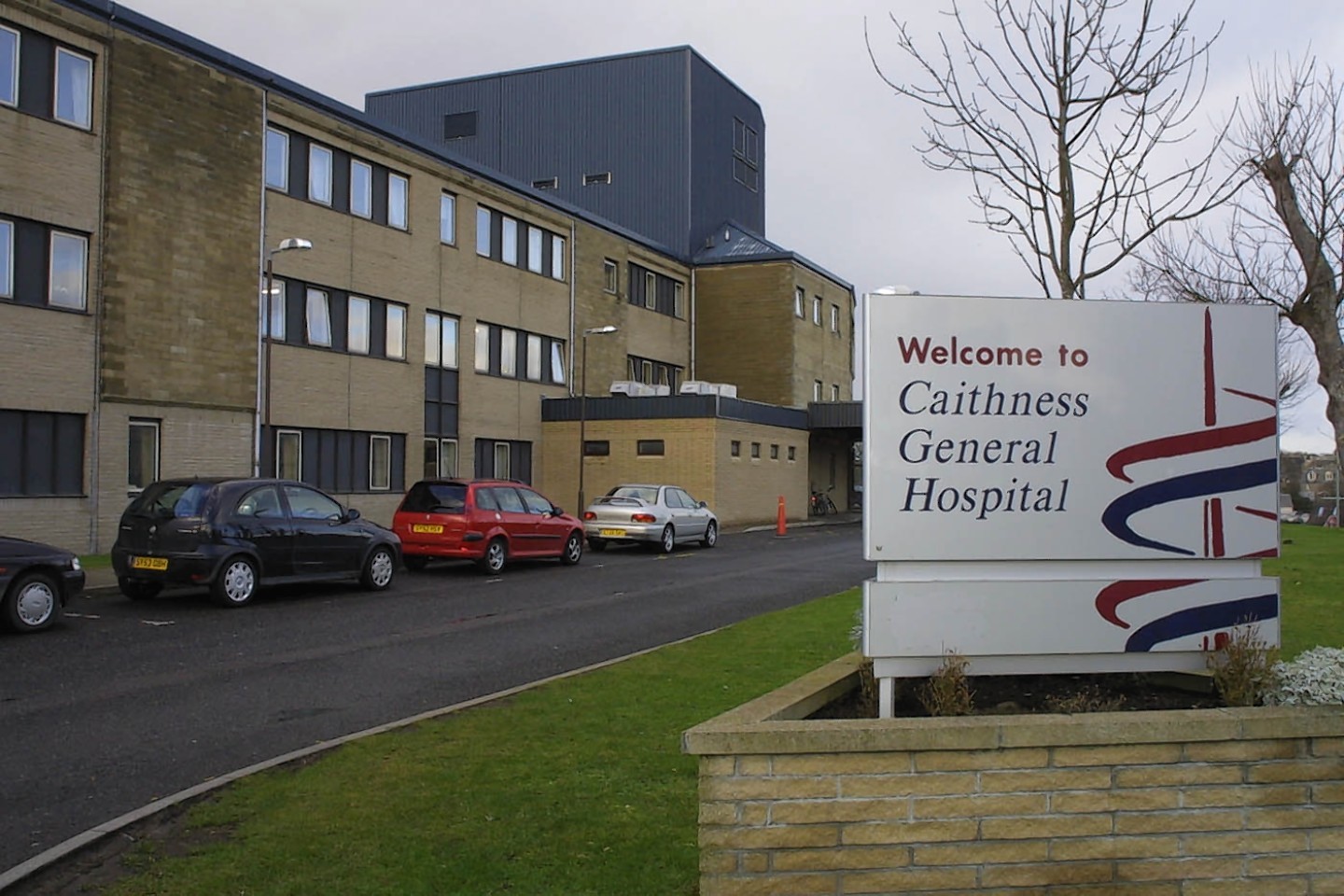The far north’s largest hospital is to be linked into Wick’s biomass heating system, which already powers hundreds of houses across the town.
NHS Highland has agreed a 15-year, £2.1million, contract for Ignis Biomass to heat Caithness General Hospital and the nearby Old Medical Centre.
It is the latest health board property to convert to biomass, with the north’s flagship Raigmore Hospital in Inverness already powered by its own plant.
The Ignis Biomass scheme supplies cheap hot water and heating to more than 200 homes across Wick.
The company took over the scheme following the collapse of the controversial Caithness Heat and Power organisation.
Ignis director Craig Ibbetson said the health board contract was a “very welcome addition to the business”.
The scheme will replace the hospital’s existing 30-year-old boiler plant, which the health board deemed “beyond it’s economic life”.
Private firm Ignis took over the running of the district heating system in May 2012 and creates supply from a wood-fired plant at Pulteney Distillery in the town.
Mr Ibbetson said: “We’re now at the point where the hospital is ready to replace its existing boiler plant.
“It’s a very welcome addition to our business. It’s the right solution because the hospital is currently operating an old heavy fuel plant and our system is substantially more environmentally friendly.”
A spokesman for NHS Highland said: “The existing, aging boiler plant at Caithness General Hospital burns expensive heavy fuel oil, which produced the most pollution of all fossil fuels.
“NHS Highland is committed to meeting emissions reduction targets, and our Strategic Carbon Management Plan has enabled us to take a leading role nationally.
“This heat supply arrangement with Ignis Wick Ltd would allow us to continue our progress towards achieving our 80% renewable heat target by 2017.
“Joining the Wick district heating scheme would have the added advantage of being less capital intensive, freeing capital for other projects.
“Biomass is essentially emissions free and reducing emissions will also yield a significant public health benefit.
“The scheme produces affordable heating in an area of recognised deprivation, and NHS Highland signing up to it would help to secure a long-term future for the scheme, ensuring local residents continue to benefit from affordable energy.”
